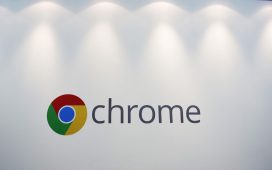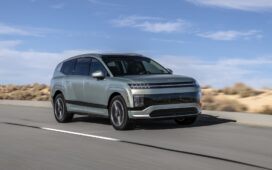Major automakers including the Detroit 3, Toyota Motor North America and Volkswagen Group of America last week announced their support of Biden’s goal of reaching a 50 percent ZEV sales share in 2030, with executives from Ford Motor Co., General Motors, Stellantis and the UAW joining the president as he signed the executive order outside the White House.
“The biggest thing that’s happening here is there’s a realization, on the part of both labor and business now, that this is the future. We can’t sit by,” Biden said.
The industry’s commitment, however, hinges on efforts from the administration and policymakers to put forth measures that foster greater consumer adoption EVs, including purchase incentives, charging infrastructure, R&D investments and incentives to boost domestic EV manufacturing and supply chains.
“With the right complementary policies in place, the auto industry is poised to accept the challenge of driving EV purchases to between 40 and 50 percent of new-vehicle sales by the end of the decade,” John Bozzella, CEO of the Alliance for Automotive Innovation, said in a statement. “The auto industry has stepped up. … But all levels of government will need to do their part for this challenge to succeed.”
Seth Goldstein, a senior equity analyst for Morningstar, said Biden’s voluntary target — instead of a firm regulation — “does reduce the pressure for an automaker.”
“That said, in the second half of the decade — once EVs are cheaper and reach functional parity — I think consumer demand will push automakers to produce and sell more EVs by 2030 regardless of regulations,” Goldstein said.
The president’s directive aligns with what automakers are facing globally. “European and Chinese regulations essentially force automakers to electrify their fleets over the next decade,” he said. “This just brings greater focus to the U.S. part of auto production.”
The U.S. is approaching 2 million sales of passenger EVs, according to Atlas Public Policy’s Nigro, and the U.S. Energy Information Administration is projecting 15 million passenger vehicle sales in 2030.
“If we’re going to hit 7.5 million of those being electric in 2030, we’re going to have to see a marked scale-up in sales, deployment of infrastructure and other policies in place to make it possible for consumers to buy that many EVs,” Nigro said. “It’s a huge growth.”
EVs made up 3.3 percent of new passenger vehicle sales in the U.S. through May this year, according to Atlas Public Policy data, compared with 1.7 percent through May 2020 and 1.9 percent for that period of 2019.
“This action is definitely a step in the right direction,” Nigro said. “But we’re going to need Washington to continue to deliver with really new and bold climate policy and investments in the deployment of this technology.”







